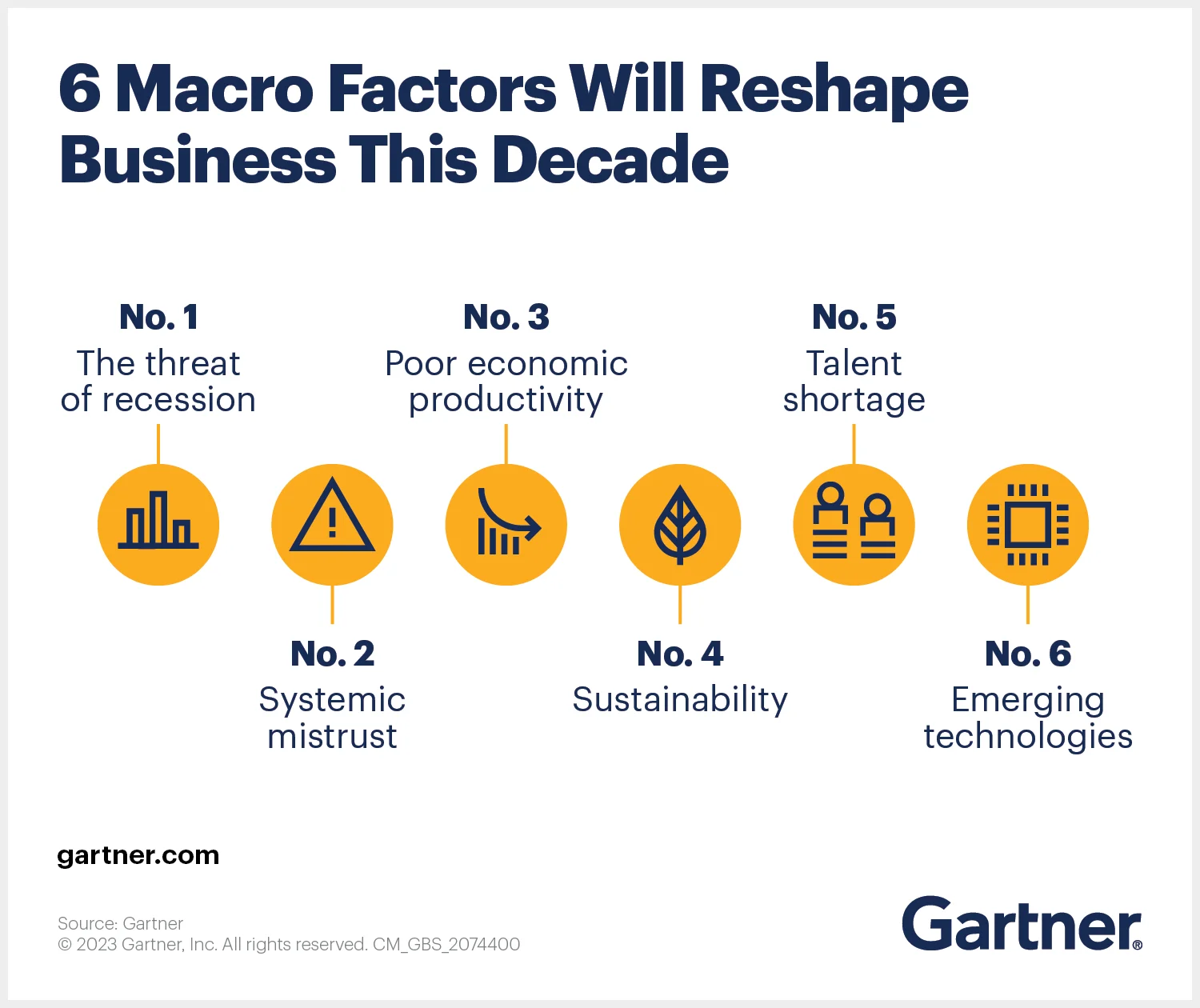What are the key factors to consider when starting a sustainable business?


Starting a sustainable business is not only a smart move for the environment but also for your bottom line. As consumers become more conscious of their environmental impact, eco-friendly businesses are gaining popularity. However, before diving into the world of sustainable entrepreneurship, there are several key factors to consider. In this article, we will explore these factors and provide valuable insights for anyone looking to start a sustainable business.
1. Define your mission and values
Before starting any business, it is crucial to define your mission and values. This is especially important for sustainable businesses, as they often have a strong focus on environmental and social responsibility. Take the time to reflect on what you want to achieve with your business and how you want to make a positive impact on the world. This will not only guide your decision-making process but also attract like-minded customers and employees.
2. Conduct market research
Market research is essential for any business, and sustainable businesses are no exception. Identify your target market and understand their needs and preferences. Determine if there is a demand for eco-friendly products or services in your area. This research will help you tailor your offerings to meet the needs of your potential customers and ensure the success of your business.
3. Assess the environmental impact
One of the key factors in starting a sustainable business is assessing the environmental impact of your operations. Consider the entire lifecycle of your products or services, from sourcing raw materials to manufacturing, distribution, and disposal. Look for ways to minimize waste, reduce energy consumption, and use eco-friendly materials. By taking these steps, you can ensure that your business is truly sustainable and minimize its negative impact on the environment.
4. Develop a sustainable supply chain
A sustainable business should not only focus on its own operations but also on its supply chain. Evaluate your suppliers and ensure that they share your commitment to sustainability. Look for suppliers who use eco-friendly practices, source materials responsibly, and treat their employees fairly. By working with sustainable suppliers, you can further enhance the environmental and social impact of your business.
5. Create a green workplace
Your workplace should reflect the values of your sustainable business. Implement eco-friendly practices such as recycling, reducing paper usage, and conserving energy. Encourage your employees to adopt sustainable habits both at work and in their personal lives. By creating a green workplace, you can demonstrate your commitment to sustainability and inspire others to do the same.
6. Build a strong brand
Building a strong brand is crucial for any business, and sustainable businesses are no exception. Clearly communicate your mission and values to your target market. Highlight the eco-friendly aspects of your products or services and emphasize the positive impact your business has on the environment and society. By building a strong brand, you can differentiate yourself from competitors and attract customers who align with your values.
7. Consider the financial aspect
While sustainability is important, it is also essential to consider the financial aspect of starting a business. Conduct a thorough financial analysis to determine the viability of your business idea. Consider the costs of eco-friendly materials, energy-efficient equipment, and sustainable certifications. Explore funding options such as grants, loans, or investors who are interested in supporting sustainable businesses. By carefully considering the financial aspect, you can ensure the long-term success of your sustainable business.
In conclusion, starting a sustainable business requires careful consideration of several key factors. By defining your mission and values, conducting market research, assessing the environmental impact, developing a sustainable supply chain, creating a green workplace, building a strong brand, and considering the financial aspect, you can set yourself up for success. Remember, sustainability is not just a trend but a long-term commitment to making a positive impact on the environment and society.
Recent Posts
How do I create an engaging and informative online quiz or assessment?
Creating an engaging and informative online quiz or assessment can be a powerful tool for… Read More
What are the most effective methods for managing and reducing work-related stress in the hospitality industry?
Work-related stress is a common issue in the hospitality industry, where employees often face long… Read More
How can I improve my assertiveness and communication skills in a leadership position?
In a leadership position, assertiveness and effective communication skills are crucial for success. Being able… Read More
What are the key elements of a successful employee recognition and rewards program?
Employee recognition and rewards programs play a crucial role in motivating and engaging employees, as… Read More
How do I effectively manage and respond to customer feedback and reviews?
Customer feedback and online reviews play a crucial role in shaping a company's reputation and… Read More
What are the best strategies for effective time management as a stay-at-home parent?
Effective time management is crucial for stay-at-home parents who juggle multiple responsibilities on a daily… Read More